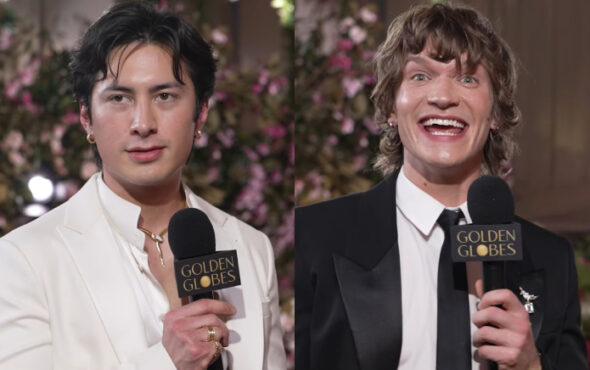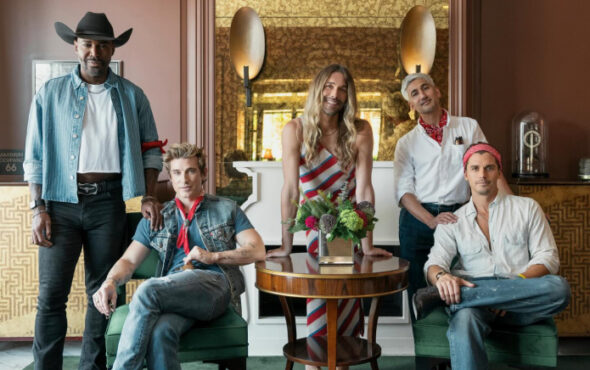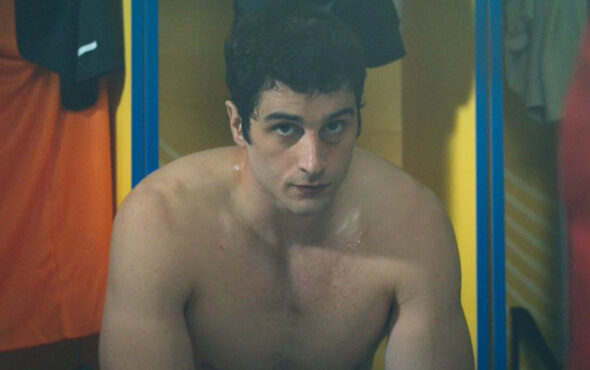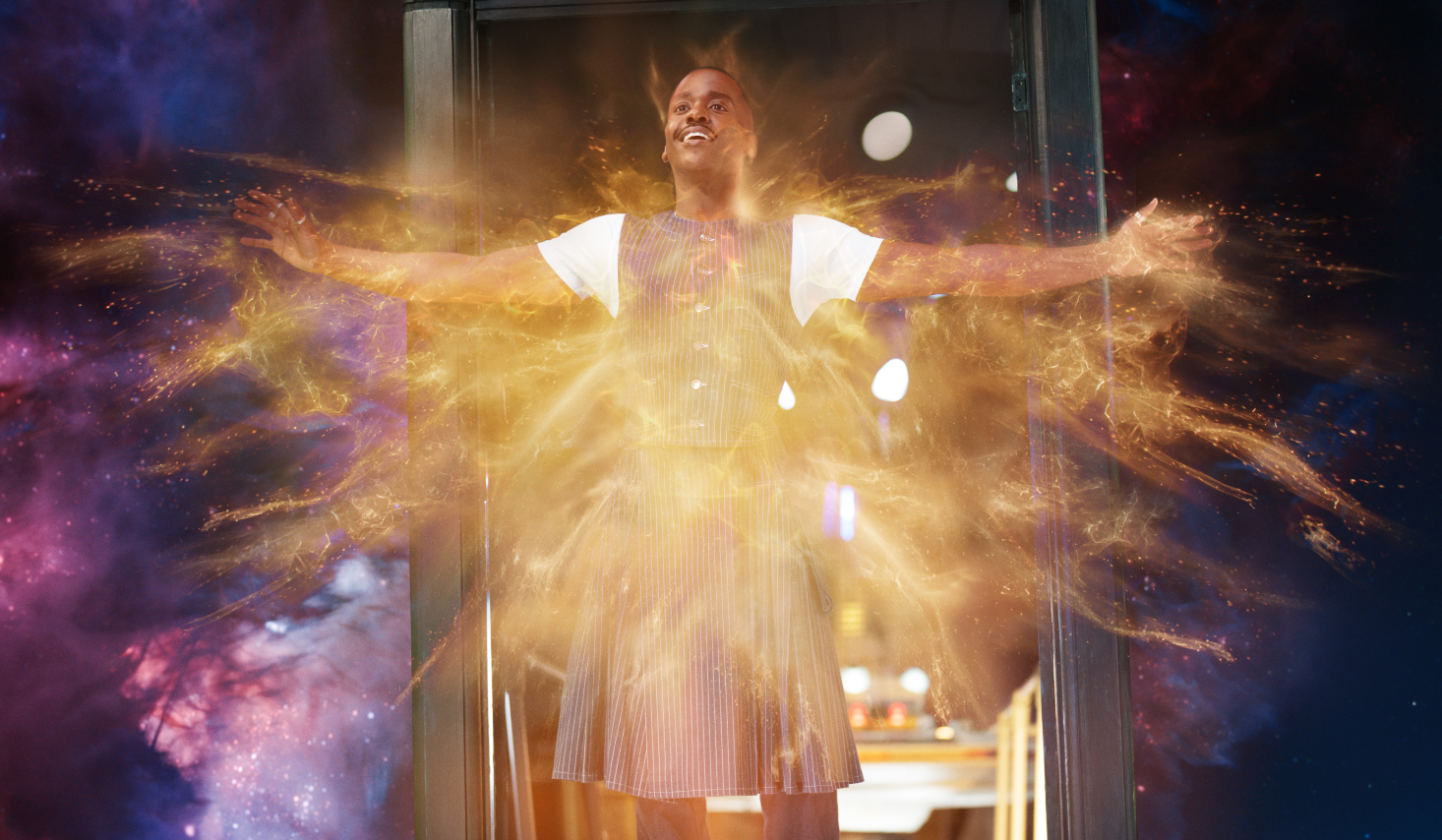
I have been watching Doctor Who ever since I was little. I vividly remember hiding behind the couch and covering my eyes while characters had their faces stolen in ‘The Idiot’s Lantern’, during David Tennant’s run.
I was there, excited when Jodie Whittaker was announced, and I watched the end of the last series in the cinema with my dad. All this is to say I’m a big Doctor Who fan, but as an LGBTQIA+ person, it holds even more importance for me.
The most recent Doctor, Ncuti Gatwa, broke new ground as the first-ever openly gay actor to take on the role. But with his time as the Fifteenth Doctor now at an end, I am reminded of all the ways that Doctor Who has broken barriers and uplifted LGBTQIA+ people throughout its history.
Doctor Who‘s reboot in 2005 ushered in queer themes and characters; Captain Jack Harkness was one of few explicitly bisexual characters on TV, and the expression “ladies, gentlemen and variations thereupon” became common on the show. Though there’s no such thing as perfect LGBTQIA+ representation, Doctor Who cared. The show put queer characters on screens at a time when they were rarely seen, and that meant a lot.
As someone growing up and still feeling the impact of Section 28 at primary school, at that time there was no other media I had access to that explored LGBTQIA+ themes. Doctor Who’s normalisation of LGBTQIA+ identities was something that stayed with me as I grew up, becoming a source of comfort when it came to exploring my own identity.
During the pandemic, I clung to the show for support while in lockdown and figuring out my gender identity. I remember watching episodes where the world is faced with an unimaginable crisis and finding solace in the queer characters, like the Doctor, who continued fighting and existing despite everything.
The Doctor changes their body and gender multiple times throughout their lives and everyone accepts them for it. Whilst I still cannot really define my own experience of gender beyond the trans label, part of me relates to that experience. They are one thing and now another, just as I was a girl and now, I am something else. For me, to be transgender is to change, and The Doctor brings me comfort because they show such a varied expression and cannot be pinned down.
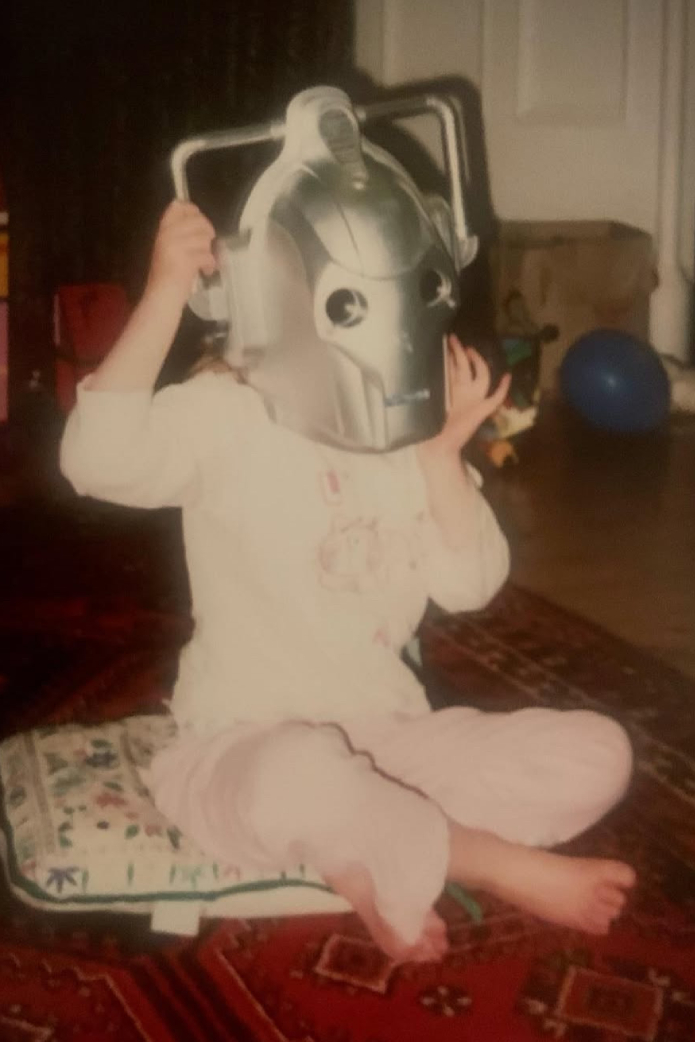
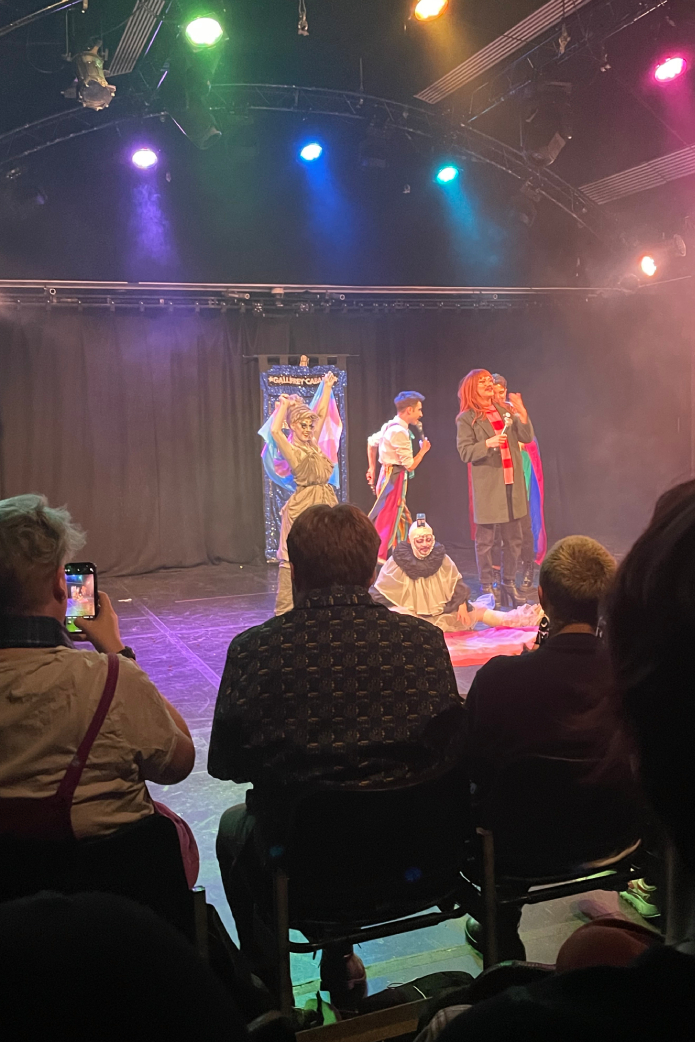
As time has gone on, the show has become ever more inclusive, with last year’s series featuring non-binary, trans, gay and bisexual characters. But the current series showrunner, Russell T Davies, has not only platformed LGBTQIA+ stories, but has also shown commitment to engaging with Doctor Who’s thriving LGBTQIA+ fanbase. This commitment has meant that the series has continued to provide a safe space for me in a multitude of ways, helping me to make connections with other LGBTQIA+ people, and helping those around me to understand my identity.
I experienced the joy of watching the 2023 specials in my university’s very queer Doctor Who Society. Watching Yasmin Finney’s character, Rose, say the word “non-binary” on screen brought me and my trans friend to tears.
The Gallifrey Cabaret, a drag cabaret show that I was lucky enough to catch with my brother during last summer’s Edinburgh Fringe, has included actors from across the series’ run, and showrunners have even popped in the audience. It was incredible to see the queerness of the show celebrated right in front of me on stage.
Last April, I sat with my family watching the inclusion of trans characters like Rose and Maestro, hoping that this representation would make it easier when I came out as trans and non-binary myself a few months later.
Watching the latest series, I was thrilled to see The Doctor again. A character who has seen so many iterations, spanning the spectrums of gender and sexuality, the fluid and undefinable nature of their identity is something that speaks to a lot of LGBTQIA+ people. Figuring out who you are can be confusing, at least it was for me, and having such a character at the centre of the longest-running sci-fi show will continue to make me feel seen, both now and in the future.
Em is an ambassador for Just Like Us, the LGBTQIA+ young people’s charity. Just Like Us needs LGBTQIA+ ambassadors aged 18-25 to speak in schools – sign up now!
